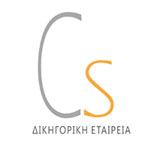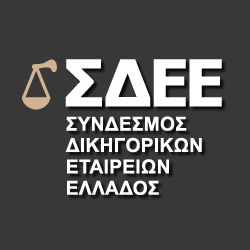The latest major legislative development relating to family law in Greece concerns legal gender recognition. On 10th October 2017, the Greek Parliament voted in favour of a new law, which recognizes gender identity as a protected aspect of an individual’s personality and, therefore, allows the selection of one’s legal gender.
Law 4491/2017 “Legal Recognition of Gender Identity, National Mechanism for Devising, Monitoring and Evaluation of Action Plans for the Children’s Rights and other provisions” explicitly states that gender identity is the “internal and personal” way in which a person experiences their gender, regardless of the gender attributed at birth based on physical characteristics. As a result of this, when there is a discord between one’s legally assigned gender and their perception of themselves, a person is allowed to petition the correction of their legally assigned gender.
This option extends to all adults with full contractual capability. Furthermore, the new law allows minors over 17 years old to select their legal gender, provided that they have the consent of the persons exercising their parental care. Minors over 15 years old may also correct their assigned legal gender provided that they have the above persons’ consent and prior to receiving the approval of a special committee, consisting of a child psychiatrist, a psychiatrist, an endocrinologist, a pediatric surgeon, a psychologist, a social worker and a pediatrician as chair, all of which must be specialists in this area.






